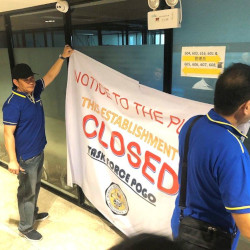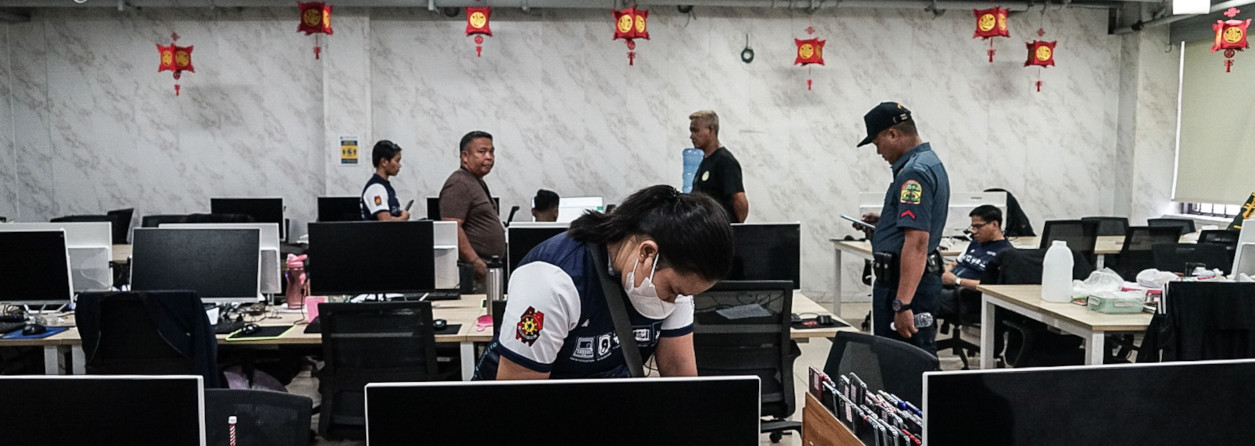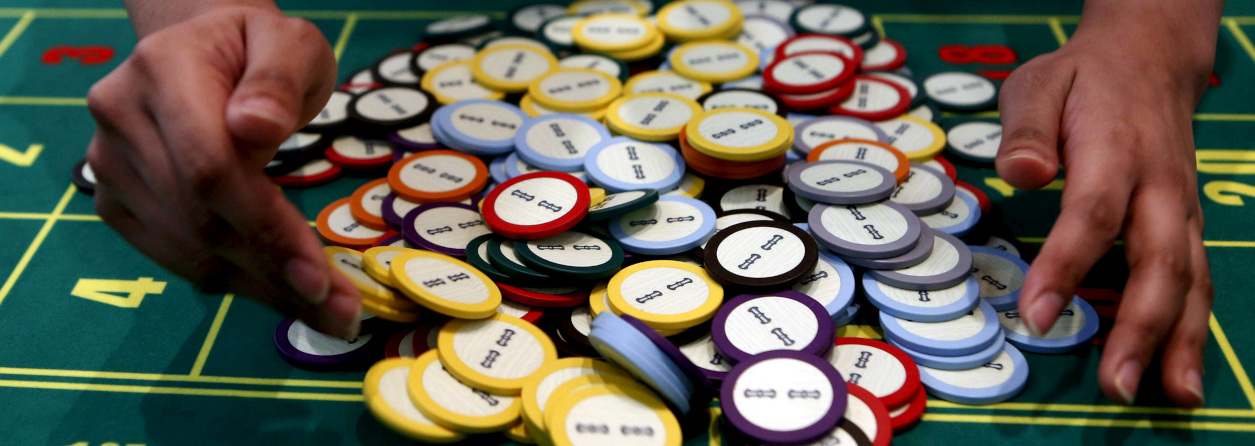President Ferdinand Marcos Jr. of the Philippines will soon issue an executive order banning Philippine Offshore Gaming Operators (POGOs). Although the decree has not yet been implemented, the gaming industry is uncertain how the POGO ban in the Philippines will affect it. The Philippine Amusement and Gaming Corporation (PAGCOR) hopes that e-gaming and the related sectors will continue to operate.
Gilbert Cruz, head of the Presidential Anti-Organized Crime Commission (PAOCC), says an executive order prohibiting POGOs will be released within the next two weeks. According to Cruz, the document currently includes the definitions and general ideas of what would be banned. However, how this will be implemented is still being worked out.
According to bookie pay per head software experts, it is unclear if the ban on POGOs and IGLs applies to other gaming business sectors employing around 10,000 Filipinos. However, the prohibition would certainly stop their activities. President Ferdinand Marcos Jr. declared the ban.
At present, the Philippine gaming industry includes:
- POGOs
- Special class of BPO
- Electronic gaming licensees
- Casinos
POGO Ban in the Philippines
After consulting with Marcos, all POGOs and IGLs will be instructed to cease operations by 2024. The offshore casino operators in question have made a name for themselves by participating in deceitful practices, such as human trafficking and fraud.
 SCBPOs, as the name implies, are businesses that supply gaming corporations overseas with business process outsourcing services. While testifying before the Senate, PAGCOR chairman Alejandro Tengco claimed that SCBPOs must present contracts with offshore gaming enterprises before license acquisition.
SCBPOs, as the name implies, are businesses that supply gaming corporations overseas with business process outsourcing services. While testifying before the Senate, PAGCOR chairman Alejandro Tengco claimed that SCBPOs must present contracts with offshore gaming enterprises before license acquisition.
He claimed that thirteen to sixteen SCBPOs, all of which cater to international gambling corporations, were granted licenses by Tengco’s management. According to gambling solutions experts, as of August 31, out of a total of 5,038 employees, 4,901 were Filipinos, and 137 were foreign nationals.
Concerned about interfering with the presidential order, Tengco chose not to answer when asked if the special category of business process outsourcing (BPOs) would be banned.
Investment promotion agencies oversee SCBPOs and have regions where casino operator support firms have set up shop. Some organizations, including the Cagayan Economic Zone Authority (CEZA), are known as interactive gaming support service providers. These firms do not operate their gaming operations; instead, they collaborate with operators in other countries, claims CEZA.
Electronic Gaming Industry
Electronic gaming businesses are rapidly expanding and very profitable. Thus, the gaming industry is still booming even while POGOs are going out of business. Pristine brick-and-mortar casinos are also jumping on the bandwagon, with Tengco noting that every casino in the Entertainment City region now offers online gambling.
Even though Tengco made a compelling argument against it at the Senate hearing, the prohibition might still apply to electronic gambling enterprises until the presidential order concerning POGOs is released. Only from online gaming fees did PAGCOR earn a record-breaking P22.5 billion in 2023. According to online gambling recommendations, PAGCOR’s revenue might be boosted by 35% from online gaming fees this year.
According to Tengco, the global rise of online gaming might further boost the need for SCBPOs in the Philippines, which Tengco refers to as a sunrise industry. The head of PAGCOR also stated that the country’s gray market for illicit online gambling operators may grow if the government chooses not to regulate electronic gaming.
According to PAOCC Undersecretary Cruz, PAGCOR is part of a technical working group that is still scheduled to discuss whether or not the POGO ban would encompass e-gaming and SCBPOs.





